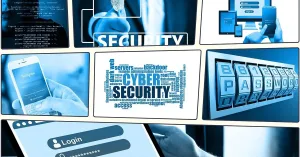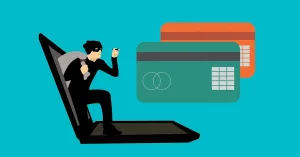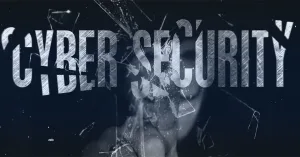More than any other business niche, accountants handle every kind of sensitive financial information. Hackers are increasingly sophisticated and the growth of cyber incidents is significant. The FBI’s Internet Crime Complaint Center (ICCC) reported in 2020 that there were 3,000 to 4,000 cyberattacks being reported daily to the agency. The COVID-19 pandemic and economic downturn have only exacerbated the issue.
In a previous Rules of Thumb post we discussed how keeping your clients' data safe is not just a courtesy, it is the law. So you as an accountant are responsible for making sure your clients' data is as safe as possible.
The top accounting firm's cybersecurity risks
Client Risk
Accounting firms must guarantee the safety of the information that clients entrust to their care. From Social Security numbers to financials, accounting firms hold some of the most important information for individuals and businesses. If firms cannot keep this information protected, the consequences are significant. Accounting firms have a duty to protect this information at all costs.
Financial Risk
The financial consequences of a cyberattack are considerable. According to the 2020 Cost of a Data Breach Report, conducted by the Ponemon Institute, the average cost of a data breach in the United States is $8.6 million. Customer personally identifiable information (PII) has an average cost of $150 per record per breach. And it takes a while for most breaches to be detected – an average of 280 days.
Ease of Hacking
While nation-states and organized criminal enterprises are at the heart of many cyberattacks, hacking that completely disrupts your firm can be the work of an amateur. With very little training and sophistication, a hacker can disrupt your business and be very costly.
Reputational Loss
If your accounting firm is exposed to an attack, the losses are far more than financial. There is a major reputational risk. Affected customers are likely to talk. Some cases will reach the news media. Recovering some reputational losses can be difficult and as costly as the financial losses incurred due to a cyberattack.
If you and your accounting firm would like more help with cybersecurity issues, download this free whitepaper from Right Networks, Flirting with Disaster: How CPA firms Can Find the Security Help they Desperately Need.
Below is a description of what you will learn from this free whitepaper on cybersecurity for your accounting firm:
What’s worse? A ransomware attack is only one type of cyber threat. Compounded with phishing attempts, lurking Trojans, advanced persistent threats (ATP) that often go unnoticed for months...it’s almost unfathomable how often users are threatened.
The “it won’t happen to me” statement is false—it is already happening to you. And it’s happening to everyone you work with.
So, what are you going to do about it?
Start by downloading Flirting With Disaster: How Accounting Firms Can Find the Security Help They Desperately Need for information about immediately bolstering your security policies.
Then, keep reading to learn:
- If your current security measures are enough to protect your firm from data breaches
- Why trying to manage security in-house—especially at small firms—is bad (very bad)
- How to immediately safeguard the client data that software, apps, and hardware contain
Accountants MUST have the best cybersecurity strongholds since you handle so much delicate financial information of clients. Hackers are getting smarter as time goes on, so hopefully, this blog post from the Rules of Thumb blog from MoneyThumb will prevent you from being attacked by ransomware and other types of hacking.
The team at MoneyThumb would like to add one more important step for CPAs and accountants to make sure your clients' financial information stays safe, and that is using the best PDF financial file converters on the market. We use SSL (Secure Sockets Layer) technology which is the industry standard and among the best software available today for secure commerce transactions. It encrypts all of your personal information including credit card number, name, and address, to prevent it from being read as it travels over the Internet.





















Add comment